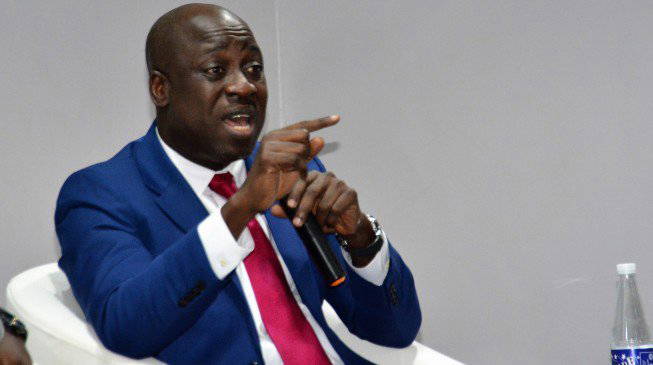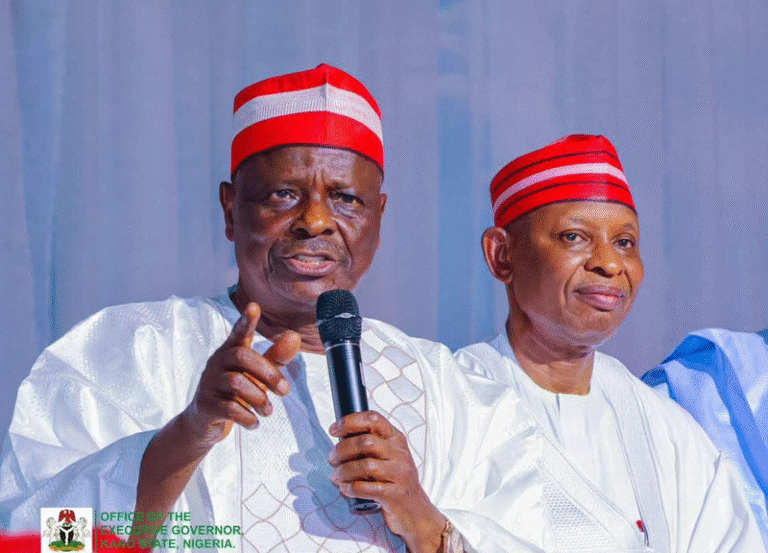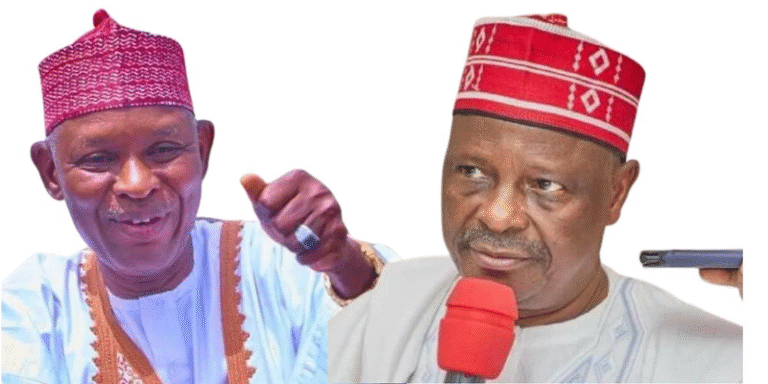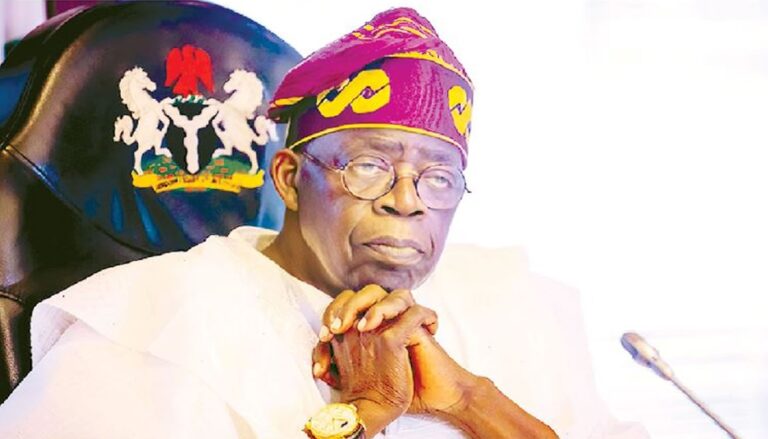
Opinion Piece: Tinubu's Economic Vision - Promising Words, But The Past Must Not Be Forgotten
In the face of Nigeria’s harsh economic situation, a nation grappling with unemployment, inflation, and soaring fuel prices, Nigerians are yearning for leadership that can navigate the country toward prosperity and alleviate their suffering. As a Nigerian who grew up witnessing the failed promises of our leaders, I’ve come to understand the importance of scrutinizing political speeches and promises, especially when they come from President Bola Tinubu. However, despite the hopeful tone of Tinubu’s recent speech on the economy, there are valid concerns about his ability to deliver on his pledges and lead Nigeria forward.
One significant contradiction in Tinubu’s speech lies in his position on the removal of the fuel subsidy. While he now claims to have consistently supported ending the subsidy, it’s essential to remember that Tinubu protested against the removal of the fuel subsidy by then-President Goodluck Jonathan. Such an inconsistency raises doubts about his sincerity and commitment to the nation’s best interests, particularly during challenging economic times.
Fact Check that Tinubu did kicked against subsidy removal by Jonathan’s government.

The removal of fuel subsidy is undoubtedly a contentious issue, as it directly impacts the daily lives of ordinary Nigerians. While Tinubu attempts to justify the removal as necessary for redirecting funds towards essential public services, such as healthcare, education, and national security, the burden of rising fuel prices falls disproportionately on the poor and vulnerable.
Moreover, the multiple exchange rate system, another aspect highlighted in Tinubu’s speech, contributed to currency speculation and diverted resources away from productive investments. While addressing these flaws in the economy is commendable, Nigerians are still grappling with the immediate consequences of these decisions, including the skyrocketing cost of living and limited purchasing power.
Tinubu’s promises of supporting the manufacturing sector and small businesses with billions of Naira in loans sound promising on the surface. However, the key issue lies in the implementation and accountability of such programs. Previous experiences have shown that government interventions often fall victim to corruption and mismanagement, leaving the intended beneficiaries struggling to access the promised funds.

Furthermore, the emphasis on a new national minimum wage may provide temporary relief for workers, but it raises concerns about the broader macroeconomic policies that could lead to inflationary pressures and reduce the real value of wages in the long run.
While Tinubu’s speech may offer a glimmer of hope for Nigeria’s economic future, it is essential to remain vigilant and critically evaluate the feasibility and effectiveness of his proposed measures. As a nation that has suffered from political grandstanding and empty promises, Nigerians must demand more than just eloquent speeches; they need tangible actions and concrete plans to address the current economic crisis.
As someone who has witnessed the ups and downs of Nigeria’s political landscape, it is evident that bold rhetoric alone will not be enough to lead the nation out of its economic turmoil. The people deserve a leader who can bring diverse stakeholders together, provide innovative solutions, and implement policies that truly prioritize the welfare of all Nigerians, not just the privileged few.
While Bola Tinubu’s speech may have offered some reassurance to Nigerians during these challenging times, it is crucial to remain cautious and demand concrete actions to back up the promises. Tinubu’s previous inconsistencies and protests against the removal of the fuel subsidy raise valid concerns about his true intentions and commitment to steering Nigeria toward genuine progress. As the nation struggles with economic hardships, the people must continue to hold their leaders accountable and strive for a more inclusive and sustainable path forward. Only through collective effort and responsible governance can Nigeria truly overcome its economic challenges and move towards a brighter future.







